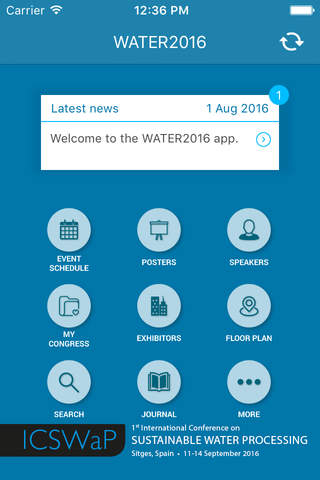
There is an urgent and pressing need for the better provision of clean water on a worldwide basis. Our population is rising at a staggering rate and demands ever more resources, while the changing climate is making matters worse. The lack of clean drinking water is the direct cause of millions of deaths every year in poorer countries, while in most affluent countries a rising demand for clean water is outstripping supply. It also requires a huge amount of water to grow food, so to prevent a future global economic and humanitarian crisis we need to get serious about water – fast. Thus, the development of new and sustainable means to supply water and to recycle and reuse it are amongst the most significant challenges to face governments, international organisations and research agencies in the 21st century.
New approaches to water process engineering technology are vital in meeting this demand. Rising energy costs and global warming, both linked to the use of fossil-fuels, drive the need for less energy-intensive forms of water processing and reduced greenhouse gas production. Thus, as well as the potential technological solutions, the associated environmental, economic, societal and sustainability challenges will also be addressed. This will be the first international conference to address these challenges in a direct, integrated and holistic way.
The conference will allow the dissemination and discussion of cutting edge research in water process engineering, sustainability and energy efficiency. The scope will include theoretical and applied research, and technological and industrial development. Participants will include leading academic researchers, scientists and engineers from water processing and associated industries as well as representatives of government organizations, international agencies and aid organizations.
Topics include:
• Emerging sustainable technologies for potable and waste water treatment.
• Industrial water: provision and treatment, reuse, and recovery of materials.
• Nanotechnology and biotechnology for water processing.
• Advanced membrane processes (except those for desalination).
• Advanced oxidative and catalytic processes.
• Water reuse and recycling.
• Integrated and hybrid process technology.
• Process modelling.
• Environmentally, economically and socially sustainable technology for water treatment.
• Water as a finite resource – quality, supply, distribution, and aquifer recharge.
Using Elseviers new WATER 2016 app, you can browse the scientific programme by days, topic or speaker, create your own personal programme, locate rooms and exhibitor stands on the floor plans, and more. Before first use, you will need to download the latest conference data and then afterwards, you can use the app offline.



